Please enjoy my notes from Day 4 of the 2016 MTNA conference in San Antonio, Texas! Click here to go back to Day 3.
8:00am Exhibitor Showcase – The Royal Conservatory Music Development Program: Digital Resources To Support Teachers And Ensure Student Success, by Marvin Blickenstaff and Elaine Rusk.
In this session, I was excited to learn a bit about the new online resources that RCM offers to accompany the purchase of the latest revision of the “Four Star Sight-Reading and Ear Training” books.
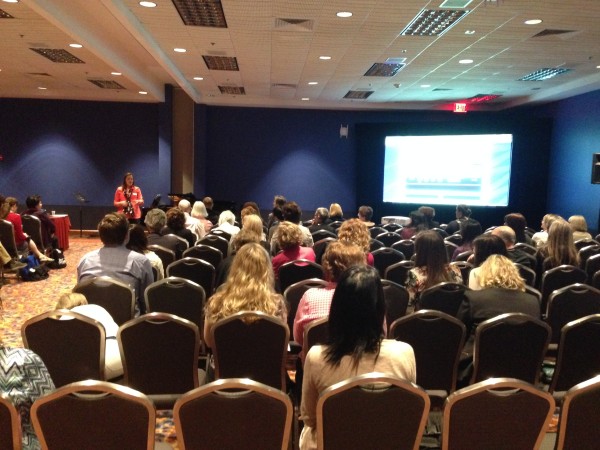
9:15-10:45am Plenary Session – Piano Master Class, by Seymour Bernstein.
Seymour Bernstein was was the clinician for the next master class. Bernstein was recently the subject of a documentary by Ethan Hawke, called Bernstein: An Introduction. By all accounts, it is a must-see!
Bernstein formatted his masterclass in a unique way: he asked both students to perform before he began working with the students, together at once. He also preferred that the overhead projectors show scans of the sheet music for the pieces the students played. Two students performed: one was a 6th grader performing Bernstein’s Birds Suite, Book 1. The second students was a 12th grader playing Chopin’s Ballade No. 1 in G Minor, Op. 23.
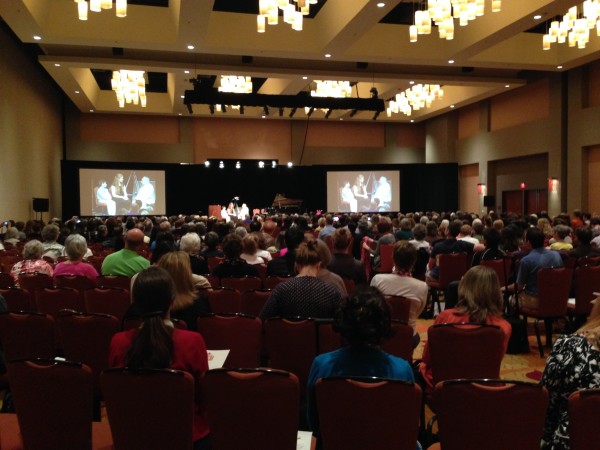
Bernstein talked with students about their perception of their performance. Then, at the piano, they worked on various technical and musical concepts, including how to sing/hear the phrases and then produce the sound using an appropriate gesture and physical movement. Bernstein made the point that everything that moves has a preparatory motion as well as a follow-through.
11:00am The Trouble With Transfer Students: Tips For Transitioning Without Tears Or Fears, by Elizabeth Gutierrez.
Elizabeth Gutierrez (of PianoTeacherCamp.com) gave a great session sharing five tips for working with transfer students.
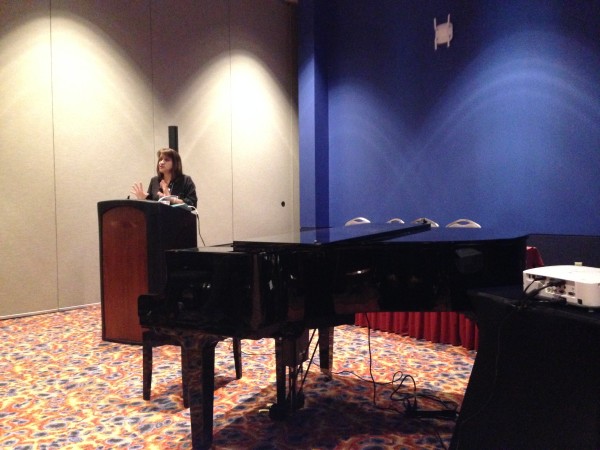
1. Try to obtain a student profile from the previous teacher or the parent. These informal notes about the student are tremendously helpful.
2. Conduct an interview. During this discovery period, find out some basic information about the student. Take careful and complete notes. Evaluate what the student knows. Ask the student to bring their books and be prepared to play two pieces: one piece that is polished and possibly memorized, and one piece that is in progress and not perfect. Find something to compliment before asking them to notice a few things about the piece we can work on. Be clear with the parent and student regarding your expectations regarding studio events, practice requirements, curriculum choices, tuition payments, etc..
Also communicate: I am not the teacher for everyone. Never imply that their previous teacher was possibly poor or that his time was wasted. Don’t blame lack of success on the methods or materials from his previous study.
3. First Lesson and Assignment. Ease in gently into your curriculum and your approach, even when you see deficiencies. Keep something old and something new (short, attractive pieces) to help the student feel like they are moving forward.
4. Jump into the details that matter the most. The three S’s: sound (technique and artistry), structure (organized sound; aka rhythm), and sight (internalizing and acting upon what you see). Be upfront about the things the student needs to work on, and also rationalize and justify. Create exercises and activities that target those skills, and praise the student for all improvement, no matter how small.
5. Pinpointing their musical level. This can take 6-8 weeks! If the student is playing repertoire that is too difficult for them, ease the down to music that they can understand and play well. Explore new styles and composers.
1:00pm Exhibitor Showcase – Neil A. Kjos Music Company: Cranky Concoctions by Charlene Zundel-Shelzi
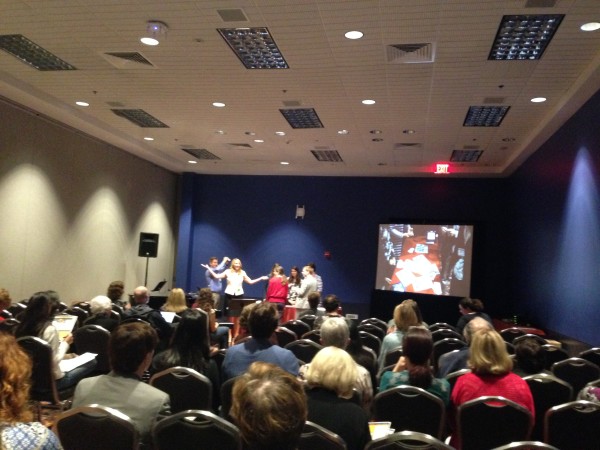
Charlene Zundel-Shelzi of Three Cranky Women (TCW) gave a fun and interactive session demoing a variety of their theory games and also peeking into their series of theory workbooks.
2:15pm “Without Intensity There is No Great Art”: The Legacy of Adele Marcus, by Jennifer Hayghe.
Jennifer Hayghe gave a interesting talk about the legacy of her teacher at Julliard: Adele Marcus (1906-1995). By the 1970’s, Marcus had established herself as a top teacher in the nation. She believed that musicianship must serve as the foundation of interpretation. Sound was the focus of her teaching and playing. Tone is the most important asset we each have, and it’s unique to all of us. You must know the exact sound you want to produce, and then you must know how to physically make the sound happen.
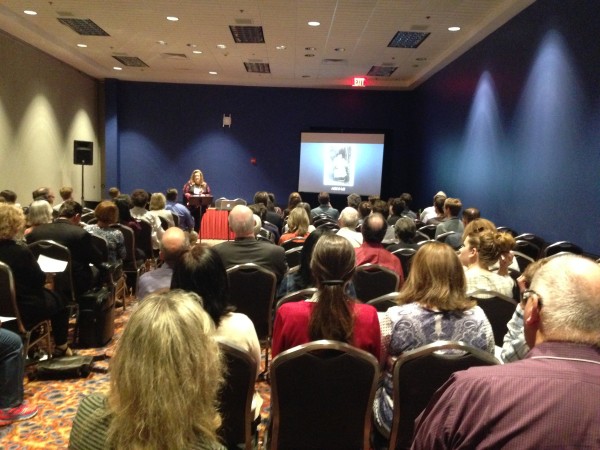
In 1979, Marcus published her book called: Great Pianists Speak With Adele Marcus, in which we learn a lot about what Marcus thought about pianism, but only a little about what other pianists in the day thought. 🙂 She was a passionate, temperamental woman. She believed that without intensity and feeling, there is no great art.
After this session, I spent some time exploring the Exhibit Hall to get some freebies and purchase some music off my shopping list. Check out my video below to get a peek into what the Exhibit Hall is like at a national-level conference!
(Guest appearance in the video: David Love of JoyTunes app developers.)
For dinner, I went out with Susan Hong, Amy Chaplin, Susan Paradis, and Elizabeth Gutierrez to Sam’s Burger Joint. Yum!
8:00pm Piano Recital: Emanuel Ax.
After dinner, we returned to the conference center to enjoy the evening recital: an all-Beethoven concert given by Emanuel Ax!
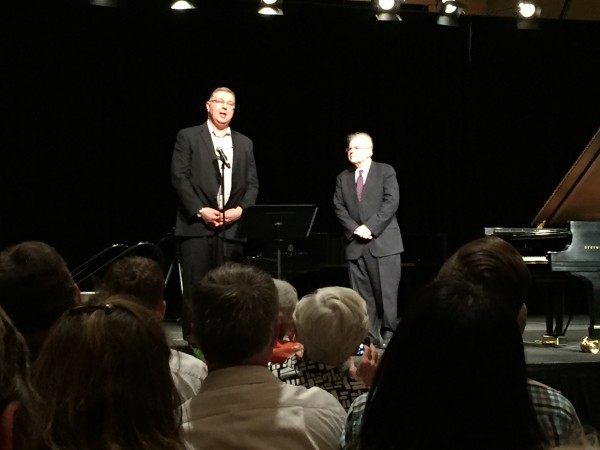
Then, a group of us (including the developers of the fabulous Sproutbeat app) went for a late-night stroll to see “The Saga” — a video/art projection show on the San Fernando Cathedral at Main Plaza. It is a 25-minute show celebrating the history of San Antonio.

It was a full and eventful day! Click here to check out Day 5.


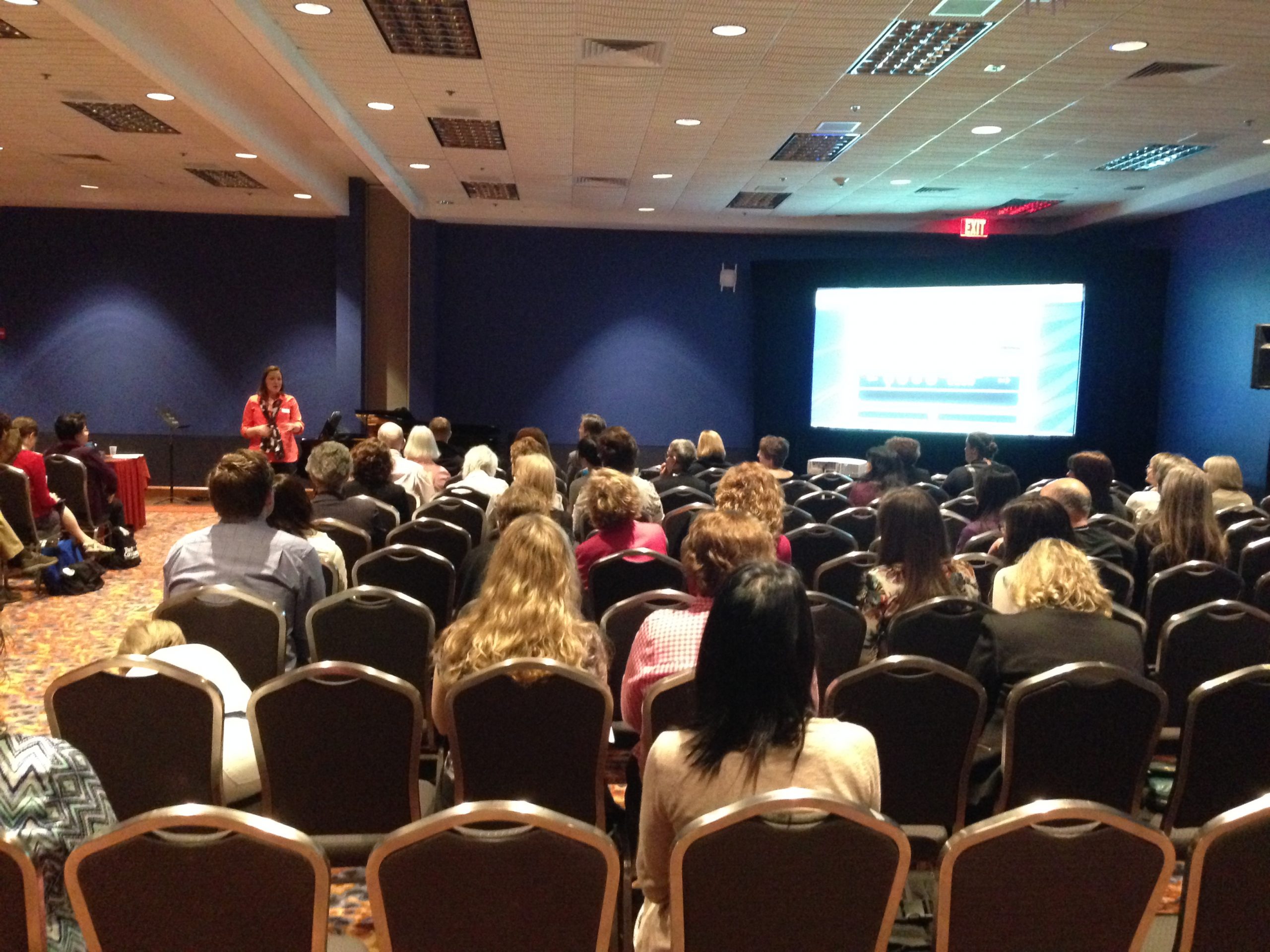
Joy, thank you SO much for all of these postings. I have really enjoyed this. It sure makes me wish I were there !!! Thanks again, Joy. You are a wonderful blogger!
Thanks for the feedback, Rebecca! I’m glad to hear you are enjoying the MTNA posts. Perhaps I’ll have the opportunity to see you at another MTNA conference someday!